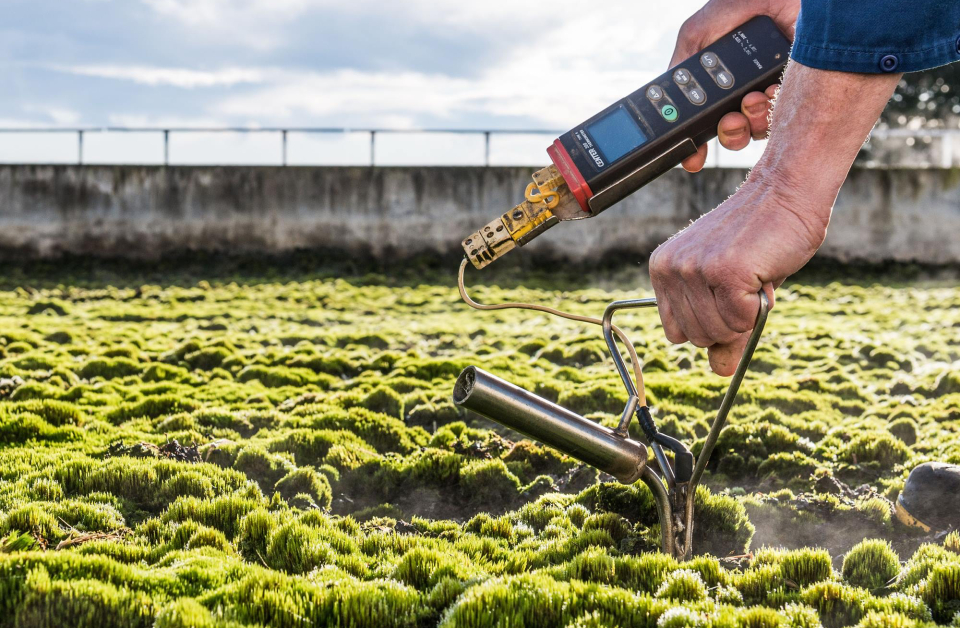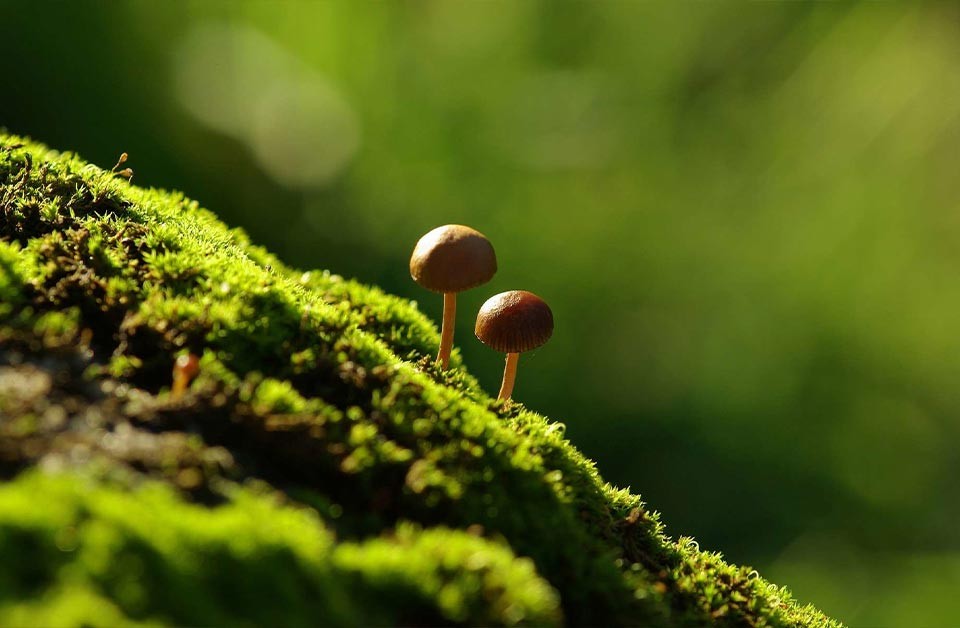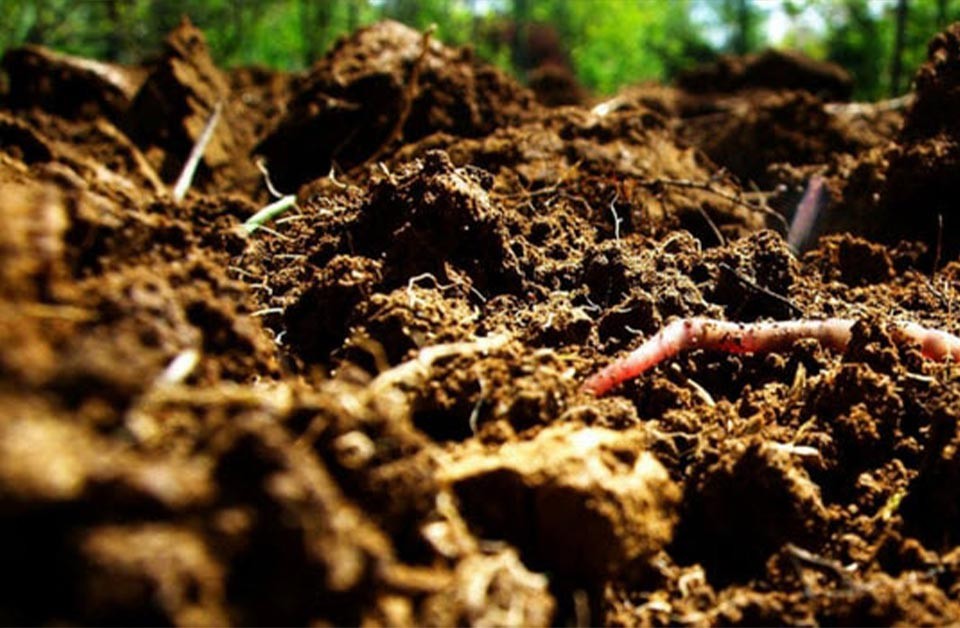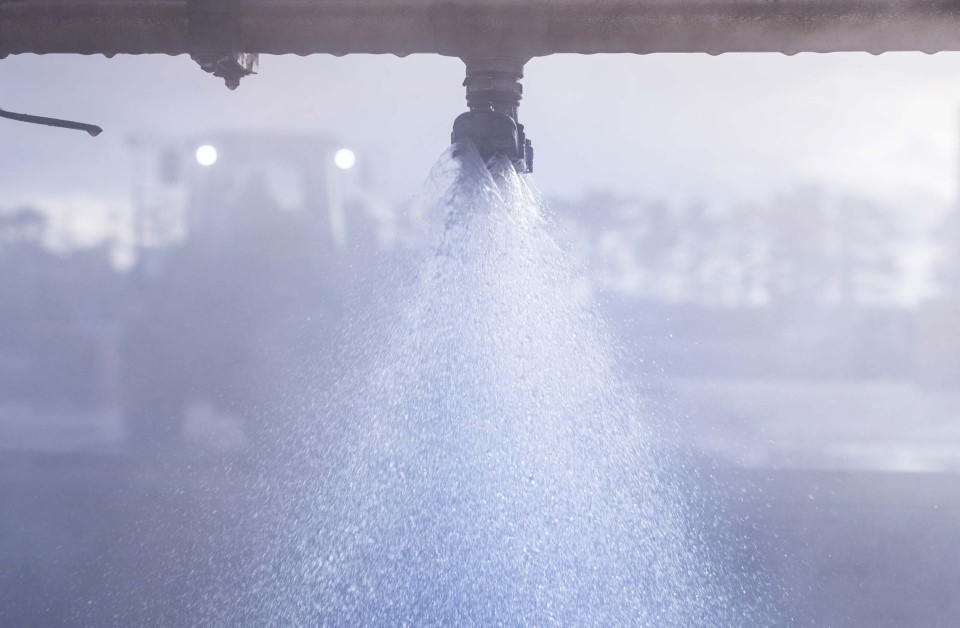WASTE UTILISATION
Waste not, want not.
23,000 tonnes of waste products from other food industries goes into making our compost every week, including 275 tonnes of wheat straw and 170 tonnes of chicken litter. That’s enough waste to fill 2.3 rugby fields! Combined at our purpose-built compost facility, it makes 1,200 tonnes of Phase 1 compost each week.




